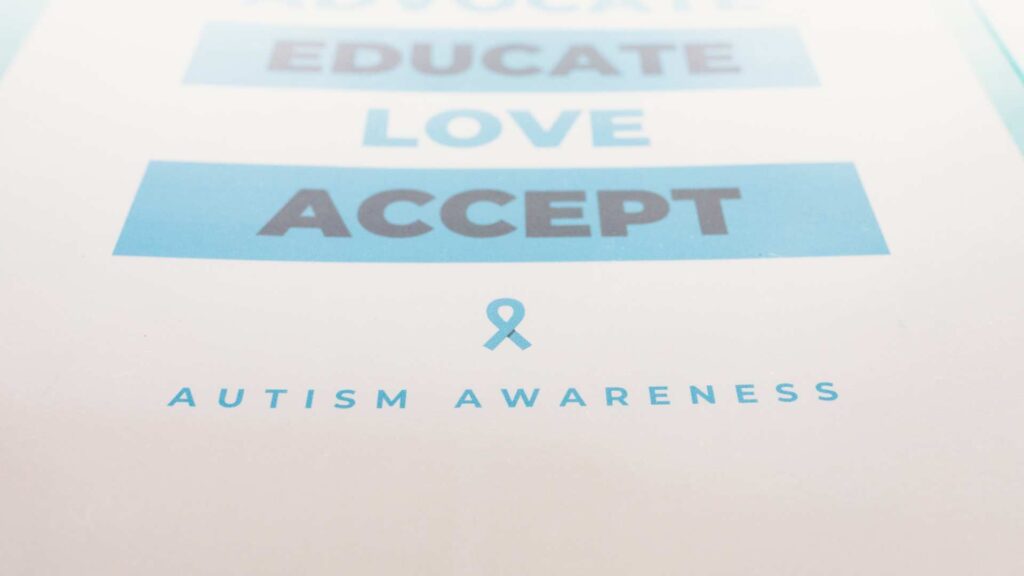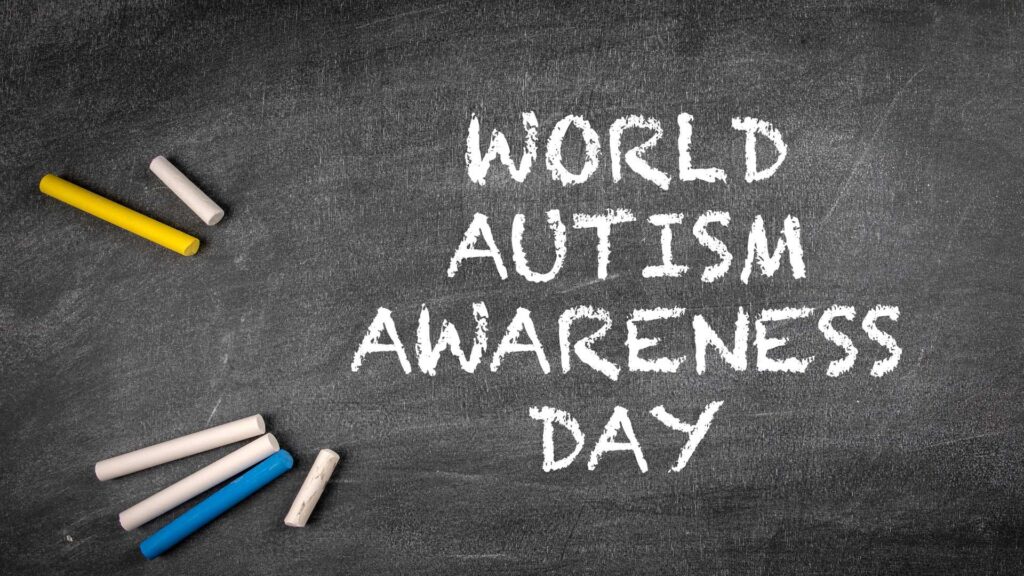Table of Contents
What is the Importance of World Autism Awareness Day?
Autism spectrum disorder (ASD) is a neurodevelopmental disorder that affects communication, behavior, and social interactions; it has been the subject of increasing attention and understanding in recent years. As awareness and understanding of autism have evolved, so too have our perceptions and approaches towards this condition, which is why World Autism Awareness Day is a day for the continued building of an inclusive society and advocating for more support and understanding.
World Autism Awareness Day, celebrated every April 2, is an occasion to reflect on the progress in understanding and supporting individuals on the autism spectrum. It is an opportunity to educate, inspire, and promote inclusion in our communities. In this blog by ABA Centers of Washington, we will explore a bit about the history of this day and why everyone’s contribution matters in creating a more empathetic society.
Understanding Autism Disorder
Autism is a complex and multifaceted phenomenon that goes far beyond simple categorization. When exploring its manifestations, we discover a surprising diversity in the ways individuals on the autism spectrum interact with their environment. From difficulties in verbal and nonverbal communication to highly specialized interests and repetitive behaviors, each individual offers a unique perspective on the world around them.
Delving into this understanding, we realize that accepting the uniqueness of how people with autism experience reality is essential for promoting an inclusive and equitable society. By recognizing and valuing the unique perspectives of individuals on the spectrum, we can build an environment that fosters acceptance and inclusion instead of discrimination.
The Meaning of World Autism Awareness Day

The history of World Autism Awareness Day traces back to December 18, 2007, when the United Nations General Assembly unanimously declared April 2 as a day to highlight the need to help improve the lives of people with autism. This resolution, known as A/RES/62/139, set the precedent for what would become a global movement. The initiative aimed not only to raise awareness but also to encourage Member States to take measures to raise acceptance of individuals with autism in their own societies.
Since its establishment, World Autism Awareness Day has catalyzed change, inspiring a wide array of events and activities around the world. From educational conferences and workshops to artistic exhibitions and community gatherings, the day mobilizes advocates, professionals, families, and individuals with autism to share knowledge, experiences, and support strategies.
One of these events is the “Light It Up Blue” campaign initiated by Autism Speaks, an advocacy organization. Each year, iconic landmarks, buildings, and homes across the globe are illuminated in blue light, serving as a universal sign of solidarity and understanding for the autism community.
Why emphasize a world that is knowledgeable and accepting of autism?
- Empathy: Greater autism awareness can foster empathy, helping those without the condition understand the world from the perspective of those with autism.
- Early Intervention: It can lead to more early diagnoses and interventions, which are crucial for the development of personalized treatment.
- Support Systems: Awareness days help build more robust support systems, including educational resources and employment opportunities tailored for the autism population.
- Inclusivity: Ultimately, increased knowledge can facilitate an inclusive society that recognizes the abilities and potential of individuals with ASD.
Autism Acceptance: The Next Frontier
While awareness is critical, the next step is acceptance. Acceptance means more than tolerance—it means welcoming diversity and valuing people with autism for who they are. It’s about creating environments where those with autism can thrive, not in spite of their autism but inclusive of it.
When we speak of acceptance, we speak of:
Understanding: Knowing that challenges exist, and these challenges may require different approaches and accommodations.
Opportunity: Provide equal opportunities for education, employment, and community involvement.
Respect: Celebrating and respecting the strengths, perspectives, and individuality that people with autism bring to the table.
On World Autism Awareness Day, ABA Centers of Washington call for a commitment to acceptance—a shift from simply knowing to actively including and celebrating each individual’s contributions.
ABA Centers of Washington Supports Neurodiverse Families
The perception of autism has shifted from being a poorly understood and stigmatized condition to being recognized as an integral part of human diversity. This shift has changed due to the tireless work of advocates, medical professionals, researchers, and, above all, individuals on the autism spectrum and their families.
As we observe World Autism Awareness Day each year, we remember the progress made and the work that still lies ahead. At ABA Centers of Washington, we are committed to continuing to provide high-quality service and promote skill enhancement for children with autism in Seattle, Tacoma, Vancouver, and Olympia through ABA therapy.
Call us at (877) 554-0710 or schedule a free appointment with one of our autism specialists. Together, we can create a world that not only raises awareness but also moves beyond acceptance and appreciation for all that autism is and can be.








